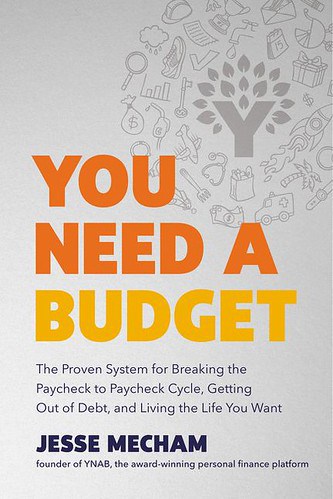What to Say to Financial Professionals when You Know

If you are just dipping your feet into the world of personal finance, it can be daunting to talk about money. Even more so if you’re unsure of what to do or need to talk to someone in the bank or a financial advisor about your account.
One thing I would like to point out is that, nine times out of 10, the person who you are speaking with at the bank will not be able speak to you about your personal financial situation. They can talk to you instead about the products their institution offers. While this might be useful in some cases, you may not need it as a customer.
Take a deep breathe. You don’t know less than most people. , you may know more than you thought .
Here are some tips that will make your conversation with a financial advisor less intimidating and more productive.
#1. Find the right person to talk to
If you want to talk to a professional financial advisor about your finances, you should first find the right person. This means that not all financial professionals are qualified to discuss every aspect of your finances. A bank salesperson, for example, won’t have the ability to budget your monthly expenses the same way as a financial planner who charges a fee.
A financial planner who charges a fee can assist you in the following areas:
- You can use this service to help you determine your financial goals and needs by analyzing your current financial situation.
- Educate and inform you on how to better manage your finances.
- We can help you choose the right investment tool based on your experience or we can manage your investments.
- Monitor your budget and make adjustments whenever you have a major life event (like getting married, or purchasing a house).
What does a fee-based financial planner mean? A fee-based financial planner charges a fee upfront or offers a payment schedule that reflects your needs, rather than earning their money through selling you products and tools. It ensures that they only provide you with financial products that you will use and benefit from.
#2. Be clear on what area you need guidance in.
You can prepare for these discussions by being clear about the type of help you need.
While a professional financial advisor can help you navigate the way, we all feel more prepared if we do some research before hand. You can examine your financial situation on your own. It will at least tell you what you need to know or how you are doing financially right now.
#3. Use Confident Language
You must be confident when you go to the bank to ask about your investment allocations or to open a new one. We may not think we know everything, but we are the ones who can tell the truth. Not the teller in your bank.
Asking about financial products and tools in your chosen institution can be done in a variety of ways.
Say, for example, that your bank convinced you to put money aside each month in order to maximize your financial future. One example would be if a bank opened a Tax Free Savings Account for you, and set up automatic contributions. Unfortunately, sometimes they forget to mention you need to invest the money in order to see returns. You’d be treating the investment account as a regular savings account.
You can say: I noticed I am currently invested in _____. Please tell me:
- What type of assets am I investing in?
- What type of account are they in?
- What is the current management fee?
What do you ask?
- Are my investments in Exchange Traded Fonds (ETFs), Mutual Funds (yikes), Guaranteed Investment Certificates (GICs), stocks, bonds or real estate investment trusts? You can use this to determine if you are investing in the most suitable options for your retirement.
- Do I have money in a Registered Retirement Saver Plan (RRSP), TFSA or unregistered accounts? You can see what investments you currently use.
- You can see how much it costs to have the financial institution you choose manage your investments.
Read Investment fees and how they affect your money
This is a specific situation. If you are unsure what questions to ask or how to do so, I encourage you to seek out a financial advisor who can guide you.
#4. Remember that you’re not alone
You might think you are the only one in the world struggling to get ahead financially or manage your money. It’s not true. According to study of 2022, almost one-third Canadians are finding it more difficult than ever to pay off their debt.
Asking for help is okay. You can also admit that you don’t know where to begin, how to budget, or what all of this means. You have a lot of information to process. The only way to start gaining control is to educate yourself. That’s what you’re currently doing!
Here are my top Canadian financial planners.
Alberta-specific:
- Robb Engen
- Russ Dyck
Canada-wide:
- Kindwealth
- Spring Financial Planning
You now know where to begin and whom to speak to. It’s time to take control of your finances. Good luck!










+ There are no comments
Add yours